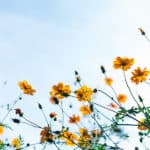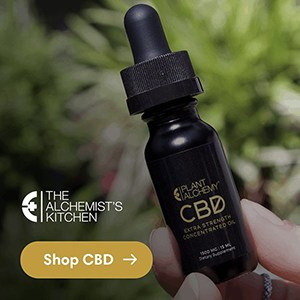One of the newest and most helpful trends has hit the mental health world: microdose journaling. This form of therapy combines two popular activities, journaling and taking microdoses of psychedelic mushrooms, to reach the most healing and rewarding outcomes. But what exactly is microdose journaling? And how can it help your mental health soar? Read on to learn more.
What is Microdosing?
Microdosing is when someone takes a dose of psychedelic drugs that’s below the threshold for psychedelic effects. These are much lower doses than those typically used for spiritual, sacred, or recreational purposes. Usually, the doses fall in the 10-30mg range, depending on the person and the substance they’re taking.
The idea is that this tiny dose has therapeutic effects that can benefit people with mental health issues. These issues include depression, anxiety, PTSD, and more. Microdosing has the noted benefits of increasing energy, focus, and mood.
It’s important to note that microdosing is not for everyone, and it’s recommended to consult a professional or psychiatrist before engaging in it. But if it’s something that you’re considering and wants to learn more about, you can find more helpful information here.
Microdosing 101 and Helpful Products
If you want to learn microdosing from a professional, keep an eye out for our Microdosing 101 classes! This is your best opportunity to learn, ask questions, and become more fully acquainted with the options for improving mood and cognitive health.
If you want to try microdosing without the possibility of psychedelic effects, try out Medicinal Mushroom Co.’s Mushroom Microdose Tincture. This product promises to help bring focus and joy back into your life.
Microdose Journaling and You: Why Does it Work?
Journaling has been a go-to form of therapy for many people, so when combined with the potential therapeutic effects of microdosing, it creates a powerful duo that many have already begun to benefit from. People have reported feeling less anxious, calmer, and more focused after regularly combining these two practices.
Plus, microdose journaling is a practice you can do from the comfort of your own home and without professional help if desired.
How to Microdose Journal
The best method to begin journaling while microdosing is to start writing down what changes you experienced while taking your dose. Document these changes over however long you decide to microdose. Once you are comfortable documenting these changes, you can consider increasing your amount to find other changes or stop taking the psychedelics altogether.
Microdosing journaling will also help you track how many psychedelics you use daily, weekly, or monthly. Some people even use their microdose journals to know when to take a break from the psychedelics and increase their sensitivity to them. It’s a useful trick that is especially helpful for people with memory issues or struggles to stay organized.
All in all, microdose journaling is an incredibly exciting trend that shows incredible promise for helping various mental health conditions. If you’ve been struggling with mental health issues and have considered giving microdose journaling a try, there’s never been a better time to try it out and see if it helps!
If you’ve recently started your microdosing journey, be sure to let us know in the comments!










Thank you for these helpful articles about microdosing. I have been microdosing for several weeks and am very grateful for the help. I went off of antidepressants easily with this support.
I wanted to say that I was jarred when I read you mention that “these are lower doses than those used for recreational purposes.” It makes the larger doses sound like mushrooms are a party drug. Most people I know use them more reverently, sacredly and intentionally than just considering them as recreational.
Probably I just don’t know the larger population of mushroom users, but I wanted to give this feedback. It feels almost irreverent to me to call their use “recreational.” Maybe another way to say it would be “these are lower doses than those used for more intensive explorations of the mushroom’s medicine.”
Thanks for everything though. I do not mean to be disrespectful.
Thank you for your comment! I see what you mean– and I agree! I’ll make an edit to make that section more inclusive. I’m so happy that our articles have managed to help you as well! I hope your days are full of sunshine :).